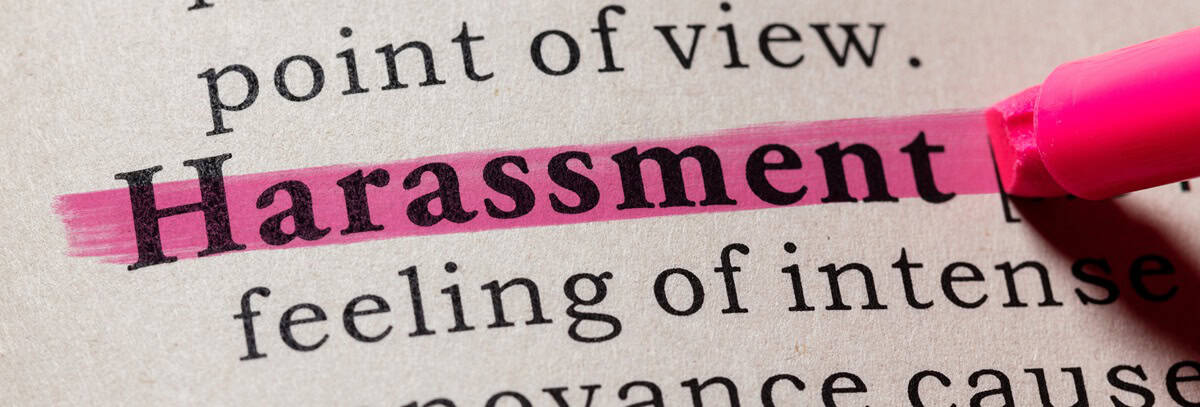To be caught driving with a Blood Alcohol Content (BAC) over the legal limit is a grave legal problem that can have extremely severe consequences. However, in most cases, a first time DUI charge is still a misdemeanor offense. A misdemeanor offense is a crime for which the maximum jail sentence is less than one year. This is less serious than a felony offense, for which the maximum jail sentence can exceed one year.
DUI charges can and do become felony offenses, depending on the circumstances of the case. In many states, a DUI is only considered a misdemeanor offense, with even a single additional charge turning it into a felony offense. There are a number of additional circumstances and aggravating factors which can turn a first time DUI offense into a felony charge.
DUI Aggravating Factors
Drunken driving laws vary from state to state, but these are some circumstances which can compound the legal issues in a drunken driving case anywhere in the United States. These issues are listed below:
Prior DUI conviction – In any state in the USA, penalties are greater for a drunk driver with a prior DUI conviction. In most states, there is a time window during which a DUI remains on the perpetrators criminal record, which can be 5 to 10 years, depending on the laws of that state.
Exceptionally high BAC – Certain states have begun to increase the penalties for drivers who have comparatively high blood alcohol concentration levels when compared to other DUI cases. Some states place enhanced penalties on drivers with a BAC of 0.15 or more while other states begin enhanced penalties on a BAC level of 0.20 or more.
Refusal to take a breath test – Refusing to take a breath test can increase your legal penalties in most states. In some states, refusing to take a breath test can result in immediate revocation of your driver’s license. In other states, refusing to take the breath test itself is a crime with mandatory jail time.
However, as of July 2016, the police can no longer demand a urine or blood test without a warrant, as ruled by the United States Supreme Court.
Child endangerment – In most states, having a child with you in the car while you are driving with a BAC over the legal limit can increase the DUI from a misdemeanor to a felony charge. This can happen even if it is your own child and he or she is in the car of their own free will. In most states, this charge applies to persons under the age of 18. In some states, having a person under the age of 14 with you in the car can have even greater penalties.
Bodily injury, death or property damage – Infringing on someone else’s right to safety or damaging their property can increase the charge from a misdemeanor to a felony. Injuring another person can bring about other charges such as reckless endangerment, and that persons death can result in a charge of reckless homicide.
Apart from the above mentioned points, there are other circumstances that can result in an immediate increase in penalties including not having a valid driver’s license, being on probation for another crime, not having an interlock ignition device on the car or having multiple previous convictions. Whatever your case, make sure you contact a DUI defense attorney right away to have the charges reduced or dismissed.










